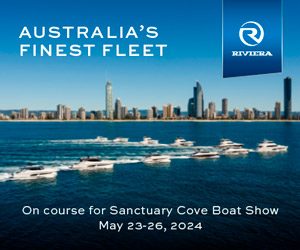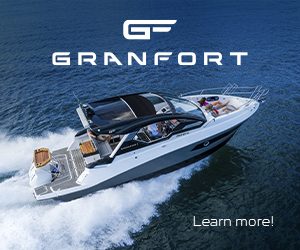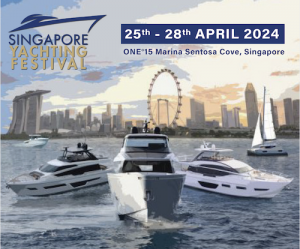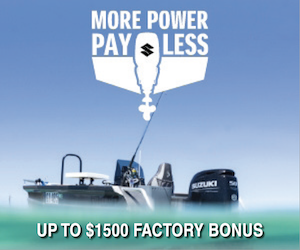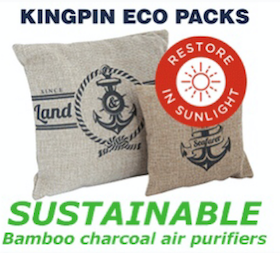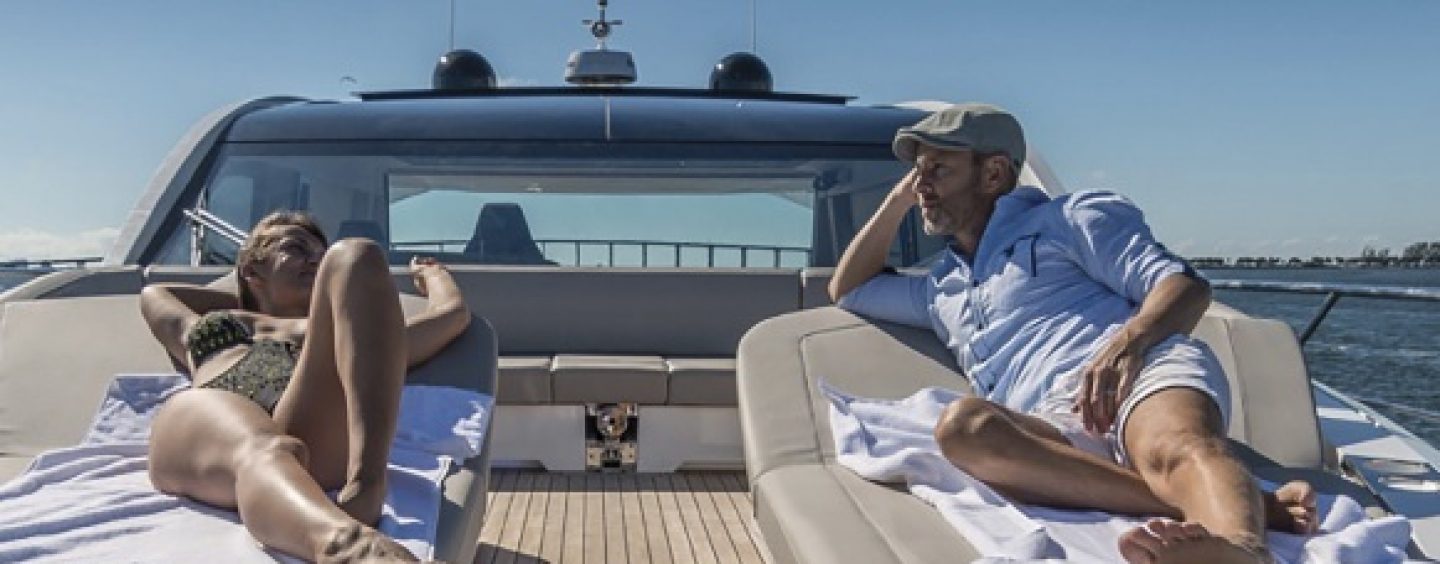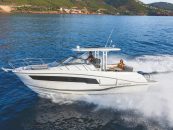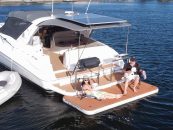You have dreamt of owning a boat for many years, and the time has finally come that you are able to do so. Buying a boat should be an enjoyable process and one that really does not need to be complicated or daunting. With thousands of different makes and models out there, take some time to investigate what type of boat is going to suit you. Visiting a boat show is a great opportunity to see the latest products that are available and to talk to some industry professionals. Ask lots of questions, as it is a big decision.
DO I BUY A SAILING YACHT OR MOTOR BOAT?
The romance of sail is certainly appealing. It can be an economical way to go cruising, and the allure of quietly slicing through the water is hard to resist. However, if you are keen to get out on the water and hoisting the sails is not your idea of fun, there are a multitude of powerboats out there for you to choose from. Whether fishing, entertaining, spending time with family, or escaping the rat race, there is a power boat for almost every purpose.
CONSTRUCTION TYPES
Recreational boats are usually made from wood, fibreglass or aluminium. Wooden boats are often older and suited to experienced boaties. Aluminium boats are often smaller and are easy to launch and retrieve from a trailer. They are also lighter to tow and need less horsepower to achieve a similar level of performance of other construction types. With fibreglass boats, manufacturers have the advantage of being able to incorporate sweeping lines and curves to produce an eye-catching craft. They often incorporate luxury features and offer a quieter and smoother ride at increased speeds.
BIG BOATS
If you can afford a substantial vessel, cruising the Australian east coast is a delight. A ‘big’ boat generally starts at about 10m, and goes up from there. There are basically four styles: sports cruiser, trawler, flybridge, and expedition motor yacht, with options available in mono and multihull.
Trawler-style craft are usually displacement vessels, meaning they push through or displace the water rather than planning across it like faster boats. Often this design is popular due to the ability to cruise economically.
Flybridge designs are popular for recreational boaties and offshore anglers. The flybridge is a great place to be underway, and provides excellent visibility and enables the skipper to spot water movement, indicating the presence of fish.
A sports cruiser is often associated with speed and a boat where everything is almost on the same level, with the cockpit, saloon, galley and accommodation often only a few steps up or down. A very popular choice for the Australian way of boating.
The expedition motor cruiser is designed specifically for long distance cruising and for spending extended periods of time onboard. If you are thinking long range, this is the direction you need to head.
Whether it is a trawler, flybridge, sports cruiser or expedition motor yacht, make sure you understand the ongoing costs. Maintenance, mooring fees, fuel and insurance costs need to be discussed. If you are thinking of a larger vessel, whether sail or power, make sure the boat suits your requirements and level of expertise. Can your dream boat be easily handled on your own, or are you needing a crew to help you get back onto the dock?
UNDER SAIL
Just like power boats, there is a wide range of different sail boat options. Whether cruising, racing, extended voyages or weekends on the bay, there is a sail boat out there that will take you where you want to go. Also, if you like the idea of sailing and want space, have a look at the different brands of catamarans that are available. While a sailboat may be considered as a more economical way to experience the boating lifestyle, remember sails alone do not come cheap. If you are considering a second-hand yacht, find out the age of the sails and enquire about the replacement cost. If you are new to yachting, consider joining a local sailing club to gain some experience and meet other sailors. Some yacht clubs arrange flotilla cruises for their members, which is a great way to learn and explore with experienced boaties, and gain some confidence before setting off into the sunset.
ENJOY THE WATER
Boating is meant to be enjoyable, so aim for something that suits your needs. Many still enjoy waterskiing (or perhaps the kids or grandkids do). If that is the case, do not merely set your sights on a fishing boat. Some boats will suit multiple purposes. Follow your instincts, and you will not end up with a boat that will only be a burden to you.
WHAT HAPPENS IF I FIND A PRE-LOVED BIG BOAT?
When you find that boat, it is important to be dealing with a well-regarded and recognised marine broker. If you are new to boating, seek the advice of a knowledgeable friend, marine professional, or contact the Boating Industry Association for some guidance.
Once a purchase price has been agreed upon, the next step is to do your due diligence and ensure that you are fully aware of the condition of the vessel. The condition of a vessel will often influence the vessel’s insurability, and you should be aware of any costs that may arise in the future due to the state of the vessel you are buying. No matter the age of a vessel, if you are not certain of a vessel’s condition, employ the services of qualified marine surveyor, and consider getting an independent opinion regarding the engines.
If possible, attend the pre-purchase inspection and sea trial. This is your opportunity to make sure the vessel handles as you expected. Any issues that may be uncovered by the marine surveyor and engine mechanic can be discussed directly with you. Once the pre-purchase inspection and sea trial have been completed, take time to read any reports. Provided you are fully satisfied with the outcome, advise your broker that you are proceeding. If you are not satisfied with the outcome of the pre-purchase inspection, contact your marine broker as soon as possible to discuss the findings of the report.
Prior to settlement, conduct a search of the Personal Properties and Securities Register (www. ppsr.gov.au) to confirm that there are no securities or interests attached to the vessel. You may also like to have the seller sign a statutory declaration, stating that the vessel is free of any encumbrance or adverse interests.
Ensure that you are aware of any registrations that need to be transferred, whether a gas compliance certificate needs to be issued, and arrange for a day and time that you will pay for and collect the vessel.
Lastly, ensure that you have up-to-date and compliant safety equipment, and that everyone on board understands the safety procedures. Good boating is safe boating.
It is a great lifestyle out there on the water. You’ll never regret becoming a skipper!
For more information about the BIA and its members, visit www.bia.org.au.


